
Among the stories of horror that left 6 million Jews murdered in the Holocaust, there exists many stories of people who survived, and the unlikely alliances with those who could have easily ignored them. One such narrative is that of Ralph J. Preiss, a German Jewish boy whose family found refuge in the Philippines under the leadership of President Manuel Quezon. His experiences are the basis of a new play, “Mix-Mix: The Filipino Adventures of a German Jewish Boy,” at The Los Angeles Theatre Center from May 18 to June 16, 2024.
It’s a fitting and worthwhile show to see and story to learn during Asian American Pacific Islander Heritage Month and Jewish American Heritage Month, both concurrently in May. “Mix-Mix” is a presentation of the Latino Theater Company and Playwrights’ Arena and directed by its founder, Jon Lawrence Rivera.
“I hope ‘Mix-Mix’ audiences will find real value in helping others,” Riviera told the Journal. “The Philippines is a third world country with very few resources, but they were intentional in saving Jews from Germany at the beginning of World War II when they realized the Jews might be in danger. They had hoped to save more German Jews, but they managed to save only about 1,100. That part of history is not commonly found in history books, not even in the Philippines. But through Preiss’ experience, whose life ‘Mix-Mix’ is based on, we get to tell that story to a wider audience.”
“I hope ‘Mix-Mix’ audiences will find real value in helping others. The Philippines is a third world country with very few resources, but they were intentional in saving Jews from Germany at the beginning of World War II when they realized the Jews might be in danger.” – Jon Lawrence Rivera
The 93-year-old Preiss, along with his daughters, Jacqueline Preiss Weitzman and Erica Preiss Berg, spoke with the Journal about the historical accuracy and emotional depth of “Mix-Mix.”
“Here I was in the mountains with guerillas, and my two Filipino friends then asked me about my life story,” Preiss told the Journal. “We were in the jungle cutting our way through to find a new location, every week we had to move, we had to prepare the next camp for 70 people to move.”
The play incorporates imaginative elements to enhance the storytelling. Preiss’ daughter Jacqueline discussed how playwright Boni B. Alvarez took artistic liberties, particularly emphasizing the Filipino perspective on the rescue efforts, which was crucial to her father.
“One of the things my father did from the beginning is that he said, ‘Boni, I’m giving you full artistic license, I’m giving you this story.’ And what Boni has done that’s so tremendous is he’s telling the story with the emphasis almost more on the Filipino involvement in this rescue because, if you talk to my father, he really is so grateful to President Quezon and the Filipino people.”
Erica and Jacqueline took turns speaking about their emotional reactions to the staged readings, most recently at the Skirball Cultural Center, and their appreciation for Alvarez’s portrayal of their father’s childhood curiosity and mischievous nature.
“My father was in tears afterwards, he laughed and he cried,” Jacqueline said. “We all did, in fact, as if we had never heard the story before.”
Director Rivera told the Journal what audiences should expect to see.
“When Boni wrote the play, he had this idea of using choreography to express certain physical actions in the play like climbing the mountain, capturing a boar, or a burial,” he said. “I think the work of choreographer Reggie Lee is stunning. The climb to the mountain section is quite spectacular. Even when we were workshopping the movement last year, when we were just beginning to realize its shape — it was exhilarating. It is one of my favorite moments in the play.”
As part of International Holocaust Remembrance Day in 2020, the Philippine Mission to the United Nations in New York and the Philippine Embassy in Israel had a joint commemoration. In the United Nations Refugee Agency’s write up about the event, they detailed the backstory of President Quezon’s “open door” policy:
“In 1934, under the admittance of President Manuel L. Quezon and U.S. High Commissioner Paul V. McNutt, Jewish refugees escaping Nazi persecution were able to find sanctuary in the Philippines before Filipinos and Jews alike experienced the brunt of the Second World War. President Quezon pushed back against critics of his open-door immigration policy by issuing Proclamation No. 173 on August 21, 1937. He called on all Filipinos to welcome the refugees and instructed the government to assist them.”
In early 1938, when Preiss was just seven years old, living in rural Germany with his family, his father lost his job because of new Nazi policies. The following year, Preiss’ father secured a visa to the Philippines and relocated the family. After a stop in Paris to say goodbye to the rest of the family, the Preiss family established a new life in Manila, with the father working as an x-ray technician. At age 13, Preiss was a bar mitzvah at Temple Emil, the first synagogue in the Philippines. On December 8, 1941, the Imperial Japanese Army invaded the Philippines. The Preiss family avoided internment due to their German citizenship. Still, the family moved to the mountains to avoid Japanese persecution in 1944. And that’s where much of “Mix-Mix” takes place. When the Philippines were liberated by the United States in 1945, the Preiss family returned to a ravaged Manila. In the late 1940s, Preiss secured a visa to study at Massachusetts Institute of Technology and the University of Connecticut. After relocating to Poughkeepsie, New York, Preiss started a career working in early computer technology at IBM.
“Mix-Mix” serves not only as a historical recount but also as a platform for dialogue and understanding, bridging Jewish and Filipino narratives — a story of allyship and humanity spanning 6,200 miles from Germany to the Philippines.
Six years in the Philippines at the most frightening time in his life left a lasting influence of Filipino culture on Preiss and his growing family over the years. His daughters talked about how Filipino art and food were very much part of their lives growing up. But it wasn’t until daughter Jacqueline had to interview him for a third grade class project that he really started to talk about his story of survival.
And in a few weeks, Jacqueline’s great nephew, Erica’s grandson, will be hosting a Zoom for his own third grade class starring none other than his great-grandfather Ralph.
Preiss’ family is committed to educating others about this lesser-known chapter of Holocaust history. And with “Mix-Mix,” they hope that it’ll bring a spotlight and honor the generosity and humanity of President Quezon and the Filipino people.
“One of my dad’s main reasons for continuing—he speaks whenever he’s invited on Zoom, often on Holocaust remembrance days, people don’t know that the Philippines was one of two open door countries that were hosting these refugees to come in,” Erica said.
“Mix-Mix: The Filipino Adventures of a German Jewish Boy,” which is showing at The Los Angeles Theatre Center from May 18 to June 16, 2024. For tickets, go to: www.latinotheaterco.org.













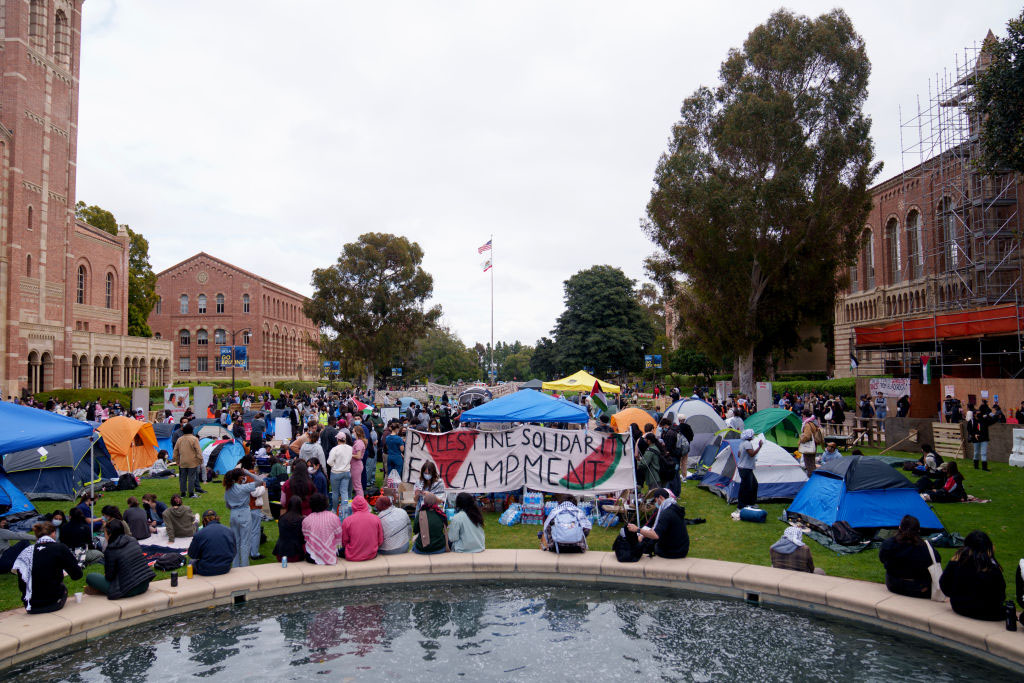
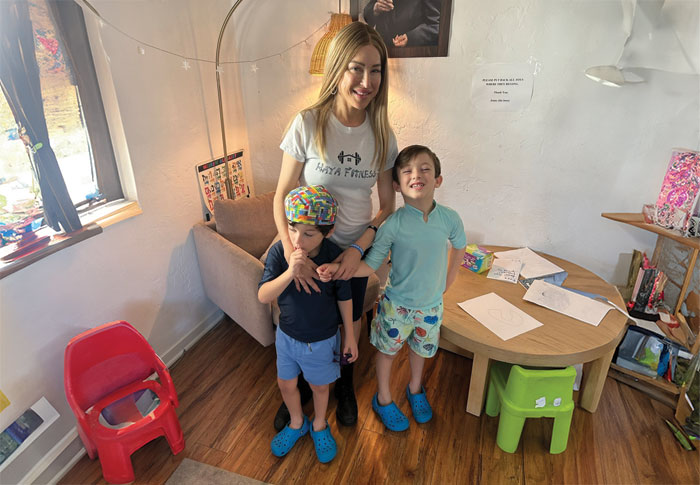
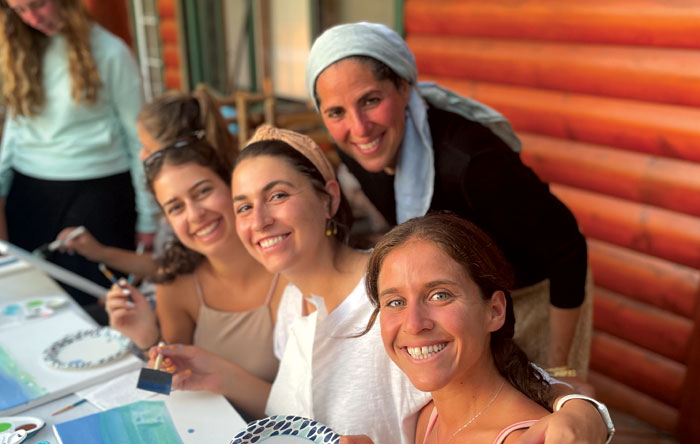
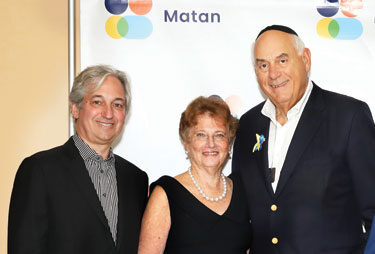
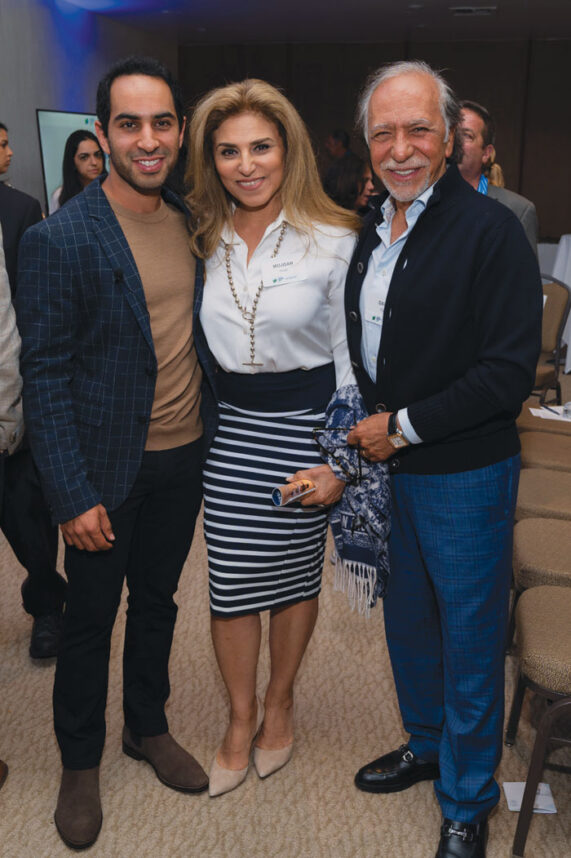



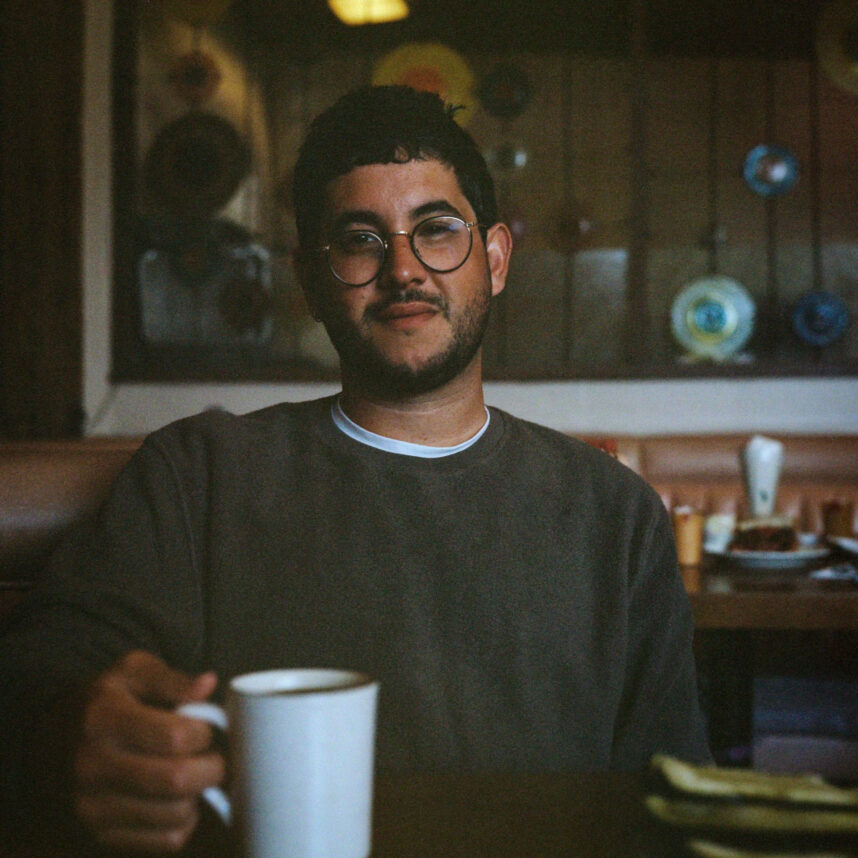

 More news and opinions than at a Shabbat dinner, right in your inbox.
More news and opinions than at a Shabbat dinner, right in your inbox.